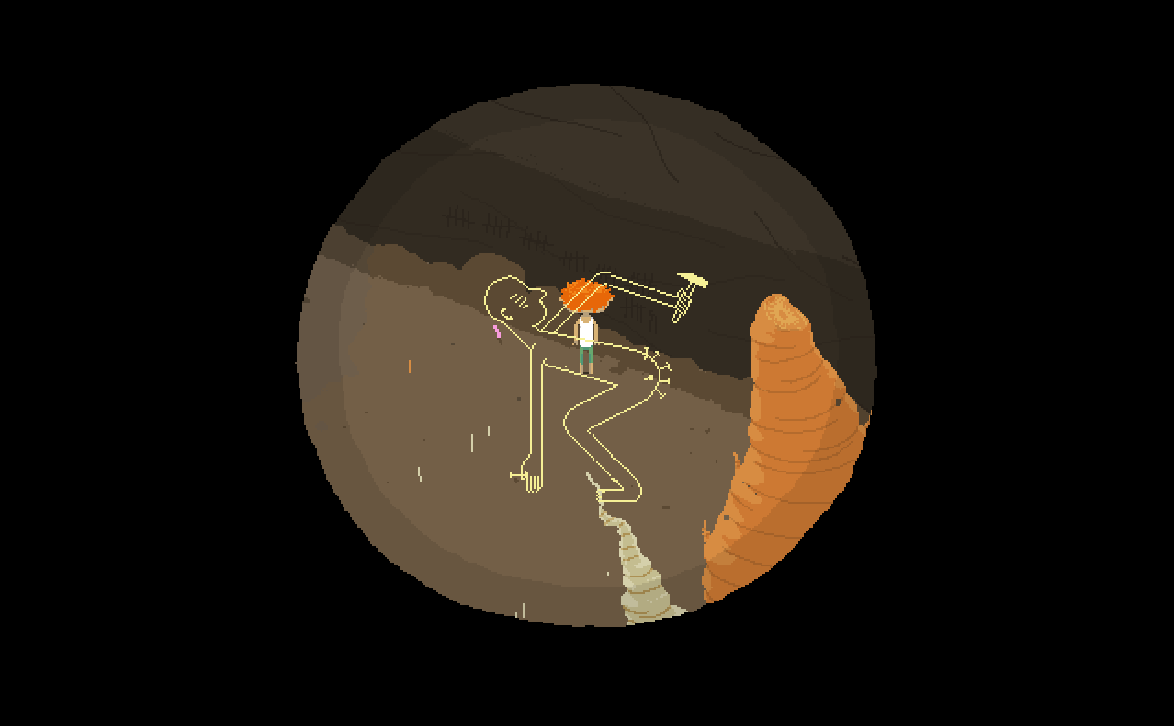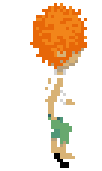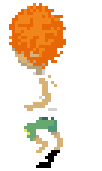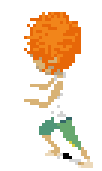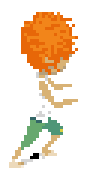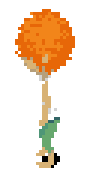Mori
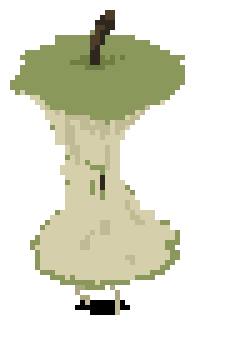
is a story-driven game about strangeness and the unknown, listening by observation and a game mechanic that uses no action as an actual input.
The storyline of Mori starts with its parents being very anxious towards everything they don't know. They’ve always tried to be good beings but got hurt in a way they don’t understand. In an attempt of creating a safe space for their child where nothing can approach it without supervision, they imprison Mori in a wooden box. Now living a life in darkness, Mori encounters shadows and other
things it didn't know of. Who are they? Are they evil? A new world to explore..
things it didn't know of. Who are they? Are they evil? A new world to explore..
The level design is radically non-linear to allow the player to explore the world on their own. The environment itself visually tells a story of the subterranean, organic and earthy dark side upon which we build our existence. This is personal, as I grew up in a meat-heavy, working-class environment, and refers to my exposure to and understanding of gardening, plant-based living, organic agriculture, and a more holistic view of our ecosystem.
In terms of gameplay, different play styles result in different behaviors of the surroundings. After the player stops any input, similar to how you might stop arguing or trying to label things you don't know, the shadows begin to come by and tell their story, changing the appearance of the player and the illustrations to be discovered.
🐛
~
“Little boy wanderer. Trapped in a box for who-knows-how-long, this child has been protected from the dark shapes and scary sights of his world. But now the box falls open and you can wobble through the shadowy place, full of huge vegetables. Carrots and parsnips dominate the landscape, worms plod through the dirt, and those dark things move around freely, sometimes avoiding you sometimes approaching you. But never as harmful as the box suggests. What happens if you follow them around? What happens if you just rest for a moment?”
- Brendan Caldwell, Rock Paper Shotgun
~
